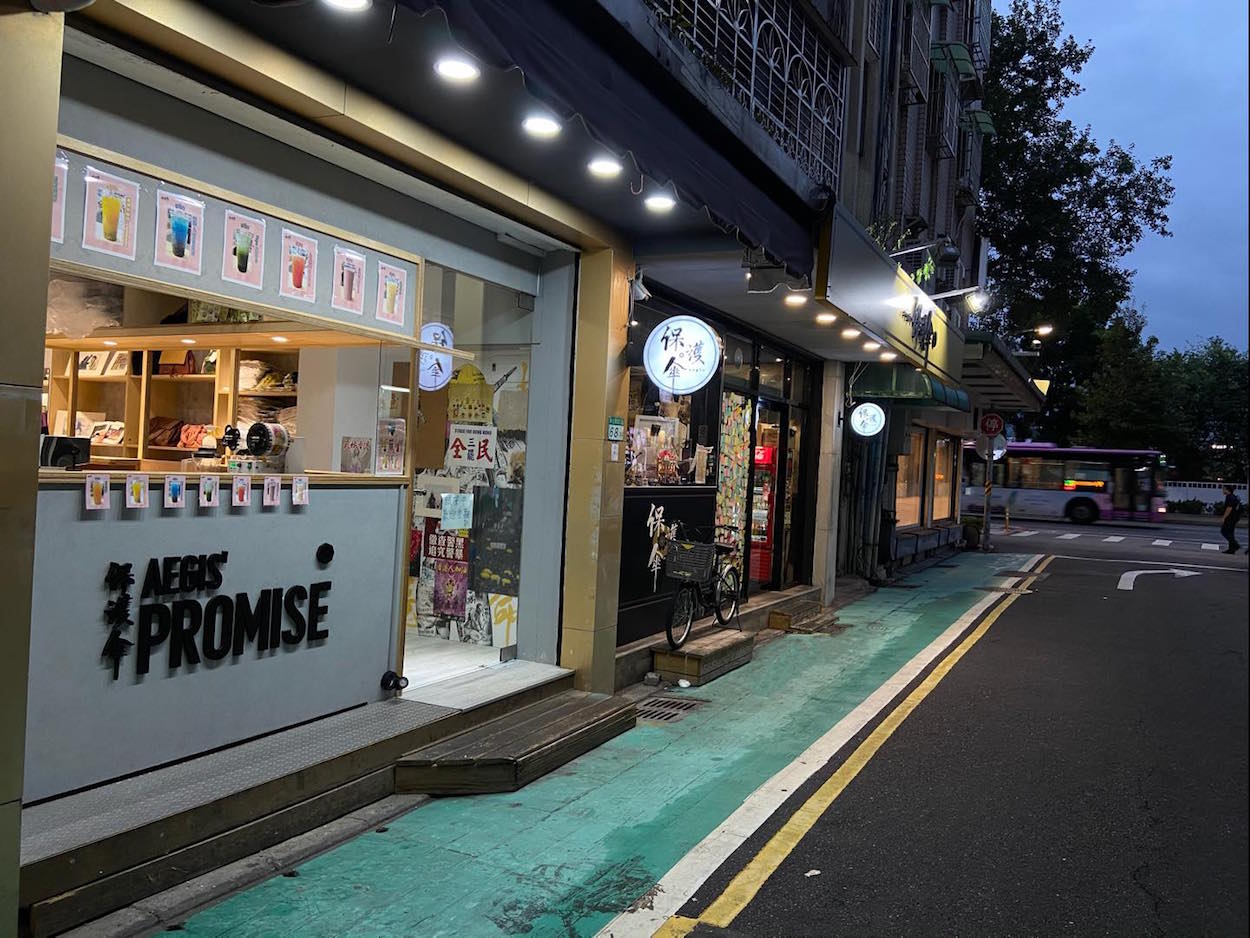by Brian Hioe
語言:
English
Photo Credit: Studio Incendo/Flickr/CC
A POLITICAL CRACKDOWN against pro-democracy figures continues in Hong Kong. In the latest series of arrests, earlier this month, eleven individuals were arrested in connection to the Hong Kong “Twelve”, twelve young Hongkongers that were arrested by the Chinese coast guard last August after attempting to flee to Taiwan by speedboat, then held in Shenzhen.
It is not surprising that the Hong Kong government would seek to target individuals who assisted the escape of the Hong Kong Twelve. Pro-democracy groups rallied around the plight of the Hong Kong Twelve, calling for their release, or at least for their right to a free and open trial. The Hong Kong Twelve were denied access to Chinese lawyers that had been hired for them by their families, and it was feared that they would be tried behind closed doors, facing charges that could have led up to seven years imprisonment. The oldest member of the Hong Kong Twelve was thirty-three, while the youngest was sixteen. Family members of the Hong Kong Twelve also reported receiving letters that were written in the handwriting of the Hong Kong Twelve, but whose contents were suspicious, suggesting that they had been forced to write the letters.
 Photo credit: Studio Incendo/Flickr/CC
Photo credit: Studio Incendo/Flickr/CC
The Hong Kong Twelve was finally sentenced in late December, receiving sentences between seven months and three years in jail. The two youngest members of the Hong Kong Twelve were released to the custody of the Hong Kong police, though they will likely still face charges.
It was thought that the Chinese government timed the sentencing of the Hong Kong Twelve should that it would take place over the winter holidays. This would be a means of avoiding the scrutiny of western media outlets. Yet with the arrest of individuals that aided the Hong Kong Twelve, it is probable that the Chinese government, in fact, wishes to emphasize the severe consequences facing Hongkongers that try to escape protest-related charges or assist in efforts to do so.
Apart from the obvious fact that the Hong Kong Twelve were attempting to flee to Taiwan, one of the eleven arrested individuals was lawyer Daniel Wong. Wong is one of the founders of the Aegis restaurant in Taipei, which was founded with the aim of providing work visas for Hongkongers to reside in Taiwan, and is known for providing pro bono advice to arrested pro-democracy protesters.
One notes that the Taiwanese government has generally been silent on the issue of Wong’s arrest, in line with its general silence on the Hong Kong Twelve. It is probable that Taiwanese government currently hopes to downplay issues related to Hong Kong asylum seekers, so as to prevent Taiwan from seeing a wave of Hong Kong asylum seekers—not to mention that there have been incidents in which Hong Kong asylum seekers have been turned away from Taiwan, resulting in their arrest.
This occurs despite the fact that Taiwanese politicians have been more vocal regarding past incidents in which establishments owned by Hongkongers that have fled to Taiwan have been attacked by pro-China groups. Cases in point include when the Aegis restaurant was splashed with chicken feces by a group of men who were apparently hired to do so by a Chinese national last October, when Causeway Bay bookseller Lam Wing-kee was splashed with red paint in April, and after eggs were thrown at an exhibition about the protest movement in Hong Kong at the Tainan Theological College and Seminary in December. As a result, later that month, 17 lawmakers called for penalties to be strengthened for individuals that commit such acts of politically-motivated vandalism.
 The Aegis restaurant in Taipei. Photo credit: Aegis/Facebook
The Aegis restaurant in Taipei. Photo credit: Aegis/Facebook
Indeed, the Tsai administration has sought to keep its policy for Hongkongers that have made it to Taiwan opaque. A report by the New York Times earlier this month indicated that five Hongkongers were recently granted asylum in the US, with the assistance of the US-based Hong Kong Democracy Council, following months of negotiations. It is thought these five Hongkongers were the same five Hongkongers that were brought by Taiwanese authorities to Kaohsiung after their boat ran out of fuel near the Pratas/Dongsha Islands were granted asylum in the United States.
However, before this took place, these five individuals were apparently held on a military base in Kaohsiung for months, refused contact to family members or lawyers. This seems to confirm previous claims by journalist Edd Jhong in which Jhong alleged that the Taiwanese government was detaining five Hongkongers incommunicado, prompting Jhong to go public and to advise Hongkongers not to try and flee to Taiwan in the future. At the time, Jhong was criticized for attempting to reveal details of confidential efforts aimed at assisting Hongkongers, though reports later suggested that their detention was not as severe as house arrest.
Either way, it is probable that without stronger calls for the Tsai administration to take concerted action to assist Hongkongers, the Tsai administration will do little to help Hongkongers. Sometimes COVID-19 has been used as a pretext to prevent Hongkongers from traveling to Taiwan, for example, as occurred with nineteen-year-old Tony Chung, the convenor of Studentlocalism, who was arrested in Hong Kong after being prevented from traveling to Taiwan under such auspices.
This would also hardly be the time that the Taiwanese government has waffled on the issue of asylum seekers, as with cases in which Chinese asylum seekers were encouraged to return to China—resulting in their arrest—or left stranded in Taoyuan International Airport for over one hundred days. In the absence of public scrutiny, one expects the Taiwanese government to behave similarly.

